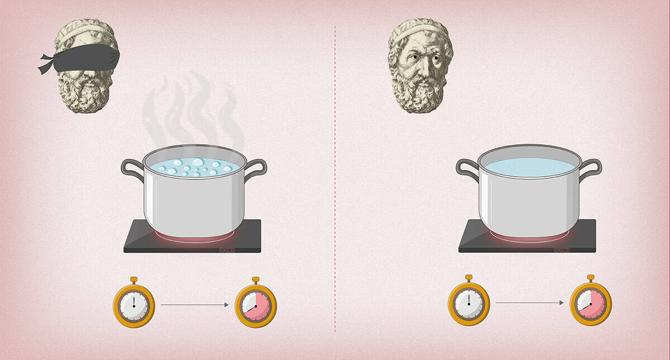Physicsworld
1M
45

Image Credit: Physicsworld
The quantum Zeno effect: how the ‘measurement problem’ went from philosophers’ paradox to physicists’ toolbox
- The quantum Zeno effect is a phenomenon in quantum mechanics where repeated measurements freeze an unstable quantum system in a particular state rather than allowing it to evolve naturally.
- Researchers have observed the quantum Zeno effect in various quantum systems, revealing the impact of measurement on quantum behavior.
- The quantum Zeno effect has no classical analogue, highlighting the unique nature of quantum systems.
- Physicists are now leveraging the quantum Zeno effect to manage noise in quantum computers and engineer quantum states for specific applications.
- By using sequences of measurements, physicists can manipulate quantum systems to stay in desired states and prevent decoherence caused by environmental noise.
- Quantum state engineering involves restricting the state-space of quantum systems to enable the creation of specific quantum states for various uses.
- The quantum Zeno effect has been instrumental in controlling electron dynamics in Rydberg atoms, leading to the generation of unique quantum states.
- Measurement in the context of the quantum Zeno effect can involve simple actions like shining a laser, demonstrating the broad range of interactions that can induce the effect.
- Recent research has explored not only the quantum Zeno effect but also its counterpart, the quantum anti-Zeno effect, which accelerates quantum transitions and has applications in quantum chemistry.
- This ongoing research into the quantum Zeno effect and related phenomena showcases the continuous exploration of quantum mechanics and its practical applications.
Read Full Article
2 Likes
For uninterrupted reading, download the app